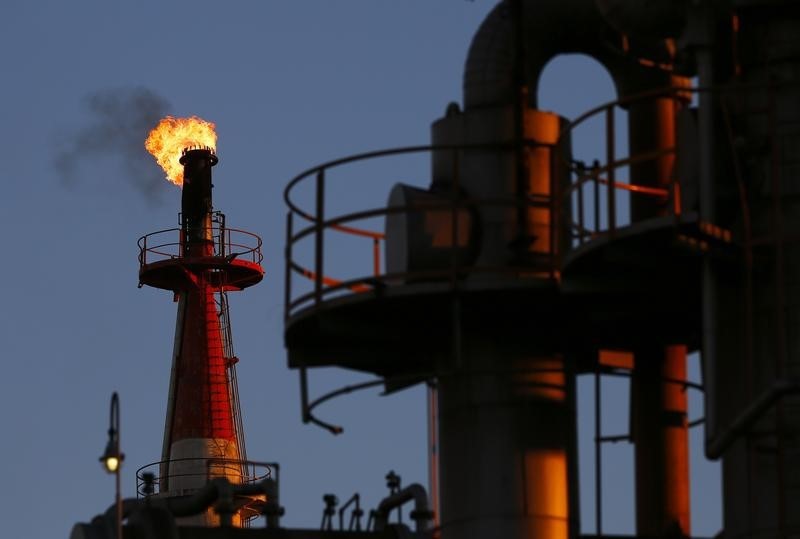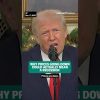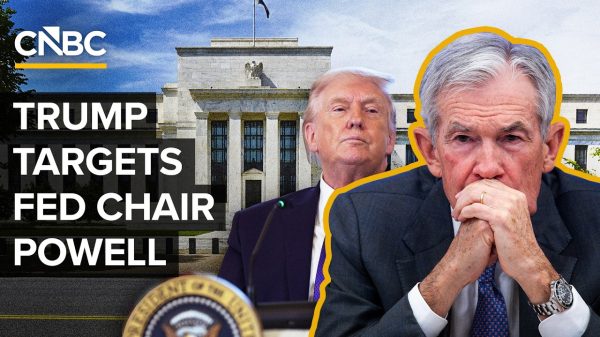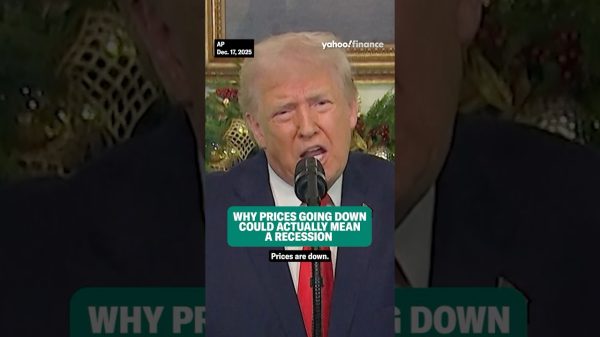Investing.com — Oil prices rose in Asian trade on Thursday, rebounding from near one-month lows as investors cheered progress towards averting a U.S. debt default, while signs of life in Chinese manufacturing also brewed some optimism over a demand recovery in the country.
Markets took some relief from the U.S. House of Representatives voting in favor of a bill to suspend the debt ceiling, moving it forward to the Senate for a vote later this week.
The move comes just days before a June 5 deadline for a U.S. default, although the bill’s progression in the Senate marks a positive step towards avoiding such a scenario.
Also supporting oil markets was a that showed China’s manufacturing sector grew more than expected in May. The reading was in contrast to an , which showed on Wednesday that manufacturing activity contracted in May, although the divergence likely came from a difference in scope between the two surveys.
Thursday’s data indicated that activity among smaller, private Chinese manufacturers was improving, which could herald a broader recovery as the country reemerges from three years of strict anti-COVID lockdowns.
Still, the survey also noted that economic growth in the country remained under pressure, which, coupled with a string of weak readings for April, tempered optimism over a Chinese recovery in oil demand.
The positive signals largely offset pointing to an unexpected build in U.S. oil inventories over the past week, which cooled bets on improving fuel demand in the country.
futures rose 0.7% to $73.09 a barrel, while futures rose 0.6% to $68.50 a barrel by 00:05 ET (04:05 GMT).
Concerns over slowing demand in China, coupled with pressure from a stronger , had battered oil prices on Wednesday, pushing both major contracts to four-week lows.
But the dollar eased from 10-week highs on Thursday, after some Federal Reserve officials touted a potential pause in rate hikes during the central bank’s June meeting to take stock of monetary policy tightening over the past year.
Focus is now chiefly on data for May, due this Friday, for more cues on monetary policy. Fears of higher for longer U.S. interest rates had weighed on crude prices through May.
Uncertainty over more production cuts by the Organization of Petroleum Exporting Countries (OPEC) also kept crude markets on edge, ahead of a this weekend. Russian and Saudi Arabian ministers had offered differing views on future production cuts.
Read the full article here











